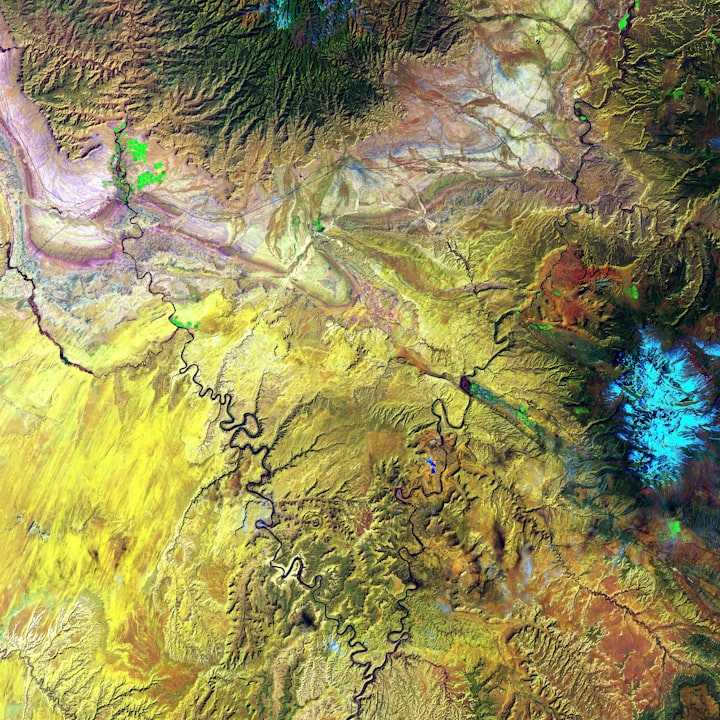How Does Beef Production Impact Water Resources?
Discover the water cost of beef production and sustainable agriculture practices. Learn about the environmental impact of beef.

When we think about the environmental impact of beef production, the water footprint often gets overlooked.
It's common to hear that producing just 1 kilogram of beef takes around 15,000 liters of water, but why is this a problem?
Understanding the various factors behind the water cost of beef production can shed light on its significance.
The Myth of Disappearing Water
It's a prevalent myth that the water used in beef production simply disappears once it's consumed by the cow.
However, the reality is quite different.
While some water is indeed ingested by the animal, the vast majority is used to grow the cow's feed.
A significant portion of the water used in beef production goes into cultivating the crops that ultimately become cattle feed.
This process has a considerable impact on water resources as it accounts for a substantial portion of the water footprint.
Putting the Water Cost into Perspective
To put the water cost of beef production into perspective, let's consider a human water budget analogy.
Imagine having a daily allocation of fresh water for drinking, washing, and growing food.
If a portion of this water is used to raise a cow's feed, it significantly affects the resources available for other essential needs.
The water-intensive nature of beef production becomes evident when this scenario is scaled up to a global level.
Impact on Limited Water Access
While the concept of the water budget makes it apparent that excessive water use for beef production is problematic, this issue becomes especially critical in areas with limited access to fresh water.
In regions where water scarcity is a pressing concern, diverting significant quantities of water for beef production can exacerbate the challenges faced by communities already struggling to meet their water needs.
Environmental and Economic Implications
The vast water requirements for beef production have wide-ranging environmental and economic implications.
With increasing global demand for beef, the strain on water resources continues to intensify.
Additionally, the economic costs of water-intensive beef production are substantial, especially in regions where fresh water is a valuable commodity.
The Need for Sustainable Solutions
Understanding the water cost of beef production underscores the urgency of seeking sustainable solutions in the agricultural sector.
From implementing water-efficient farming practices to promoting alternative protein sources, addressing the water footprint of beef production is essential for global water conservation efforts.
The Bigger Picture
The water cost of beef production goes beyond the water consumed by the cows.
It encompasses the extensive water usage in feed crop cultivation and carries significant environmental and economic consequences.
Recognizing the implications of beef production on water resources is crucial in fostering sustainable agricultural practices and water conservation initiatives on a global scale.






